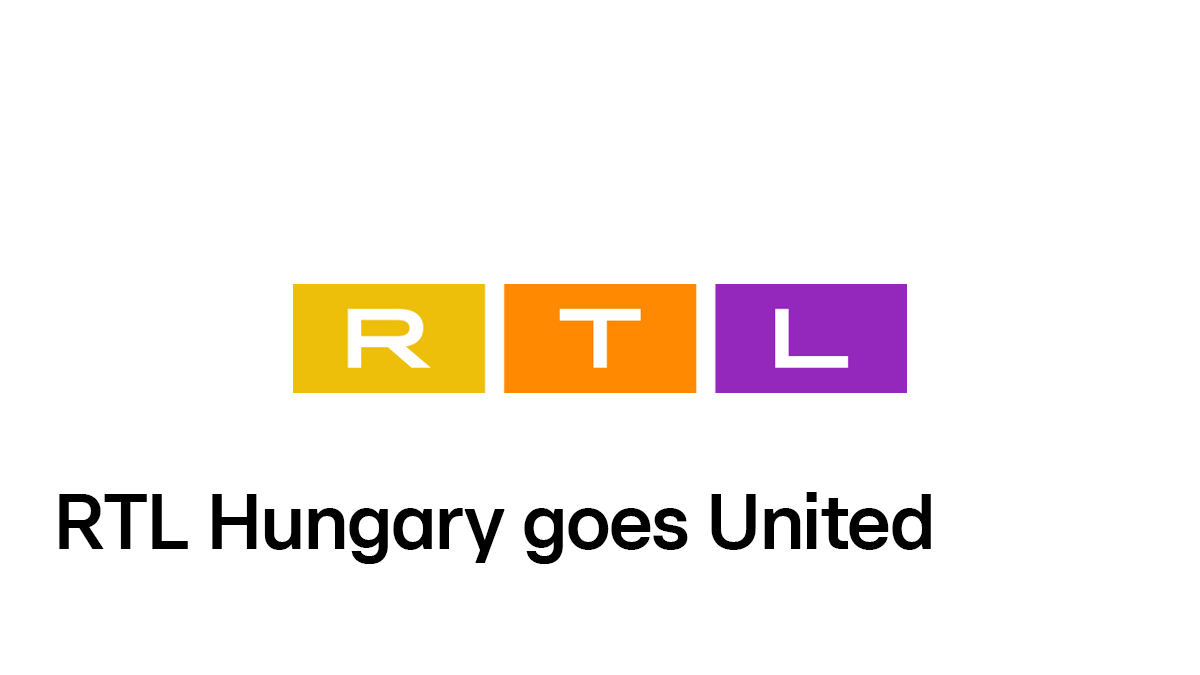EBay's Liability For Banned Chemicals: Section 230's Limits Tested

Table of Contents
Section 230 and its Application to E-commerce Platforms Like eBay
Section 230 of the Communications Decency Act of 1996 is a cornerstone of internet law in the United States. It largely shields online platforms from liability for content posted by their users. This protection is crucial for the functioning of online communities and marketplaces, preventing platforms from being held responsible for every user-generated post or listing. However, the interpretation and application of Section 230 are often complex and debated, especially concerning illegal activities.
The "good Samaritan" clause of Section 230 further protects platforms that actively try to remove illegal content. eBay, for instance, maintains a list of prohibited and restricted items, actively attempting to remove listings violating these rules. However, this proactive approach doesn't completely absolve eBay from all potential liability.
- Examples of Section 230 interpretations: Cases involving online platforms and illegal content have varied widely in their application of Section 230, creating uncertainty. Some courts have emphasized the platform's duty to remove illegal material actively, while others have focused on the platform's lack of direct involvement in creating the content.
- Arguments for and against eBay's use of Section 230: Proponents argue that Section 230 protects eBay's efforts to moderate its platform, preventing overwhelming legal burdens. Opponents contend that the platform's size and resources should necessitate greater responsibility for preventing the sale of dangerous materials, irrespective of Section 230.
- Impact of stricter interpretations: A stricter interpretation of Section 230 could significantly impact e-commerce, potentially forcing platforms to implement more stringent monitoring and enforcement measures, or face greater legal risk.
The Challenges of Identifying and Removing Banned Chemicals on eBay
Identifying and removing listings for banned chemicals on eBay presents immense challenges. The sheer volume of listings, coupled with sophisticated sellers using deceptive techniques, makes complete eradication difficult.
- Technological limitations: Automated detection systems are limited by their ability to identify all variations in product descriptions and images used to mask illegal substances. Sophisticated sellers often exploit loopholes and ambiguities.
- Human moderators' challenges: Human moderators face an overwhelming workload, making it difficult to review every listing thoroughly. Training and resource limitations also affect their effectiveness.
- Misleading product descriptions: Sellers frequently employ misleading language or obfuscate the true nature of the product to avoid detection. This requires human moderators to possess specialized knowledge to identify such deceptive practices.
Legal Precedents and Cases Related to Online Sales of Hazardous Materials
Several legal cases have addressed the liability of online platforms for the sale of hazardous materials. These cases offer crucial precedents for understanding the potential legal risks for eBay.
- Case examples: While specific cases involving eBay and banned chemicals may not be publicly available due to ongoing litigation or settlements, analyzing cases involving other online marketplaces and hazardous goods provides valuable insights.
- Legal arguments: Key arguments often revolve around the platform's knowledge of illegal activity, its efforts to mitigate the risk, and the extent of its control over user-generated content.
- Court rulings: Court rulings often reflect a balance between protecting free speech online and ensuring public safety. The outcome hinges on the specifics of each case and the evidence presented.
eBay's Policies and Practices Regarding Banned Substances
eBay has established policies and practices aiming to prevent the sale of prohibited items, including banned chemicals. However, the effectiveness of these policies is constantly challenged by evolving tactics employed by sellers.
- Prohibited and restricted items list: eBay maintains a comprehensive list of prohibited and restricted items that is regularly updated. However, this list may not always encompass every potential banned chemical or its various aliases.
- Monitoring and enforcement mechanisms: eBay utilizes a combination of automated systems and human moderators to monitor listings and enforce its policies. However, the scale of the platform makes complete enforcement extremely difficult.
- Efficacy evaluation: While eBay actively strives to remove illegal listings, the continuous appearance of banned chemicals demonstrates the need for improvement in its monitoring and enforcement strategies.
Future Implications and Potential Legislative Changes
The legal landscape surrounding online sales of hazardous materials is dynamic. Future legal challenges and legislative changes could significantly impact eBay's liability.
- Potential new legislation: Lawmakers may consider enacting more stringent regulations targeting online sales of hazardous materials, placing greater responsibility on online platforms.
- Consequences for eBay and other platforms: Stricter regulations might force eBay and other platforms to invest heavily in improved detection technologies and human moderation resources, potentially increasing operational costs.
- Future of online sales of regulated substances: The future may see more robust verification processes, stricter penalties for violations, and potentially increased collaboration between online platforms and regulatory agencies.
Conclusion: eBay's Liability for Banned Chemicals: A Call for Increased Responsibility
This article has explored the complex issue of eBay's liability for banned chemicals, highlighting the challenges of regulating online sales of hazardous materials within the framework of Section 230. The limitations of current technologies and policies are evident. eBay faces the significant challenge of balancing its responsibility to protect users from dangerous substances with the complexities of moderating a vast global marketplace. This requires a multi-pronged approach. We need enhanced policies, improved technology, and potentially legislative changes to address the issue of eBay's liability for banned chemicals effectively. We urge readers to research relevant legislation, contact their representatives to voice their concerns, and demand increased responsibility from online marketplaces in preventing the sale of dangerous substances. The safety of online shoppers depends on it.

Featured Posts
-
 London Parks Under Siege Mark Rylances Critique Of Music Festival Impacts
May 20, 2025
London Parks Under Siege Mark Rylances Critique Of Music Festival Impacts
May 20, 2025 -
 Is Rtl Groups Streaming Service On The Path To Profitability
May 20, 2025
Is Rtl Groups Streaming Service On The Path To Profitability
May 20, 2025 -
 Reprise Du Bo Cafe A Biarritz Une Nouvelle Ere Pour Le Restaurant
May 20, 2025
Reprise Du Bo Cafe A Biarritz Une Nouvelle Ere Pour Le Restaurant
May 20, 2025 -
 The Return Of Tyler Bate Wwe Raw Highlights
May 20, 2025
The Return Of Tyler Bate Wwe Raw Highlights
May 20, 2025 -
 Efimeries Giatron Stin Patra Savvatokyriako 10 11 Maioy
May 20, 2025
Efimeries Giatron Stin Patra Savvatokyriako 10 11 Maioy
May 20, 2025
